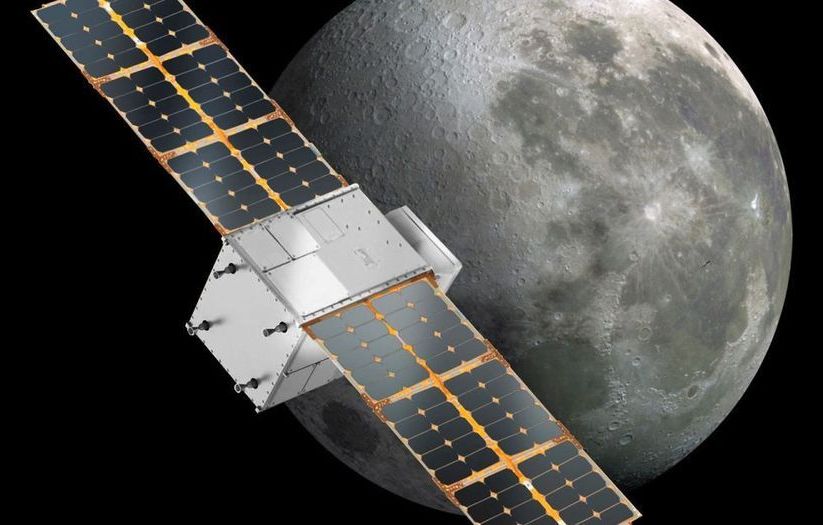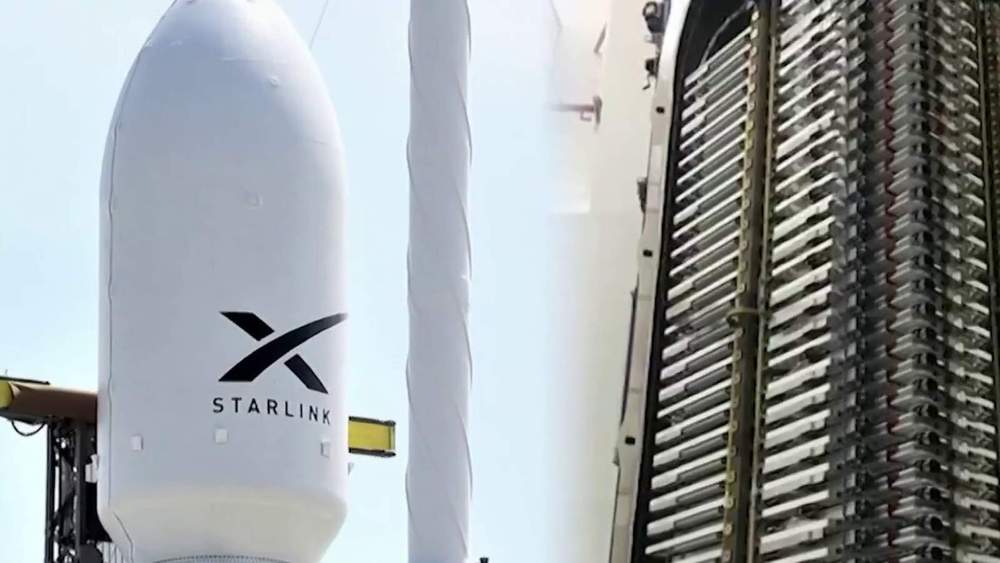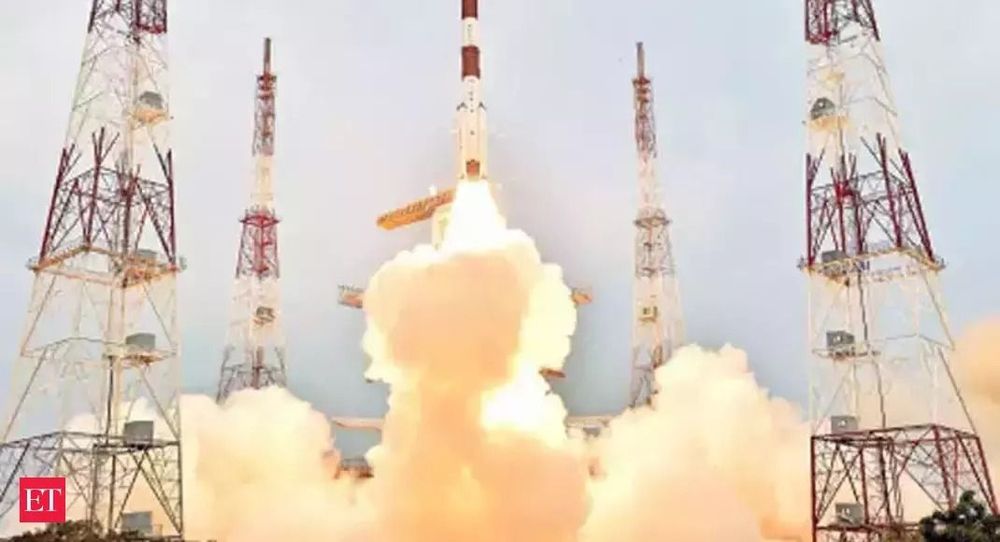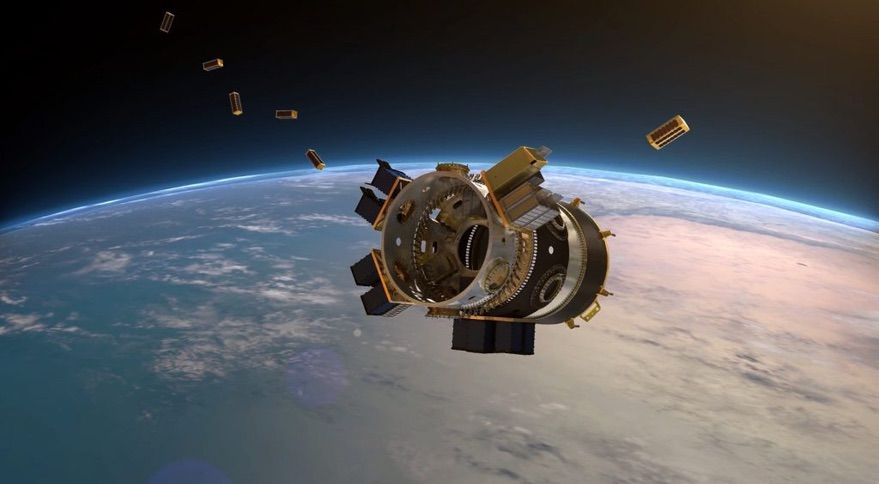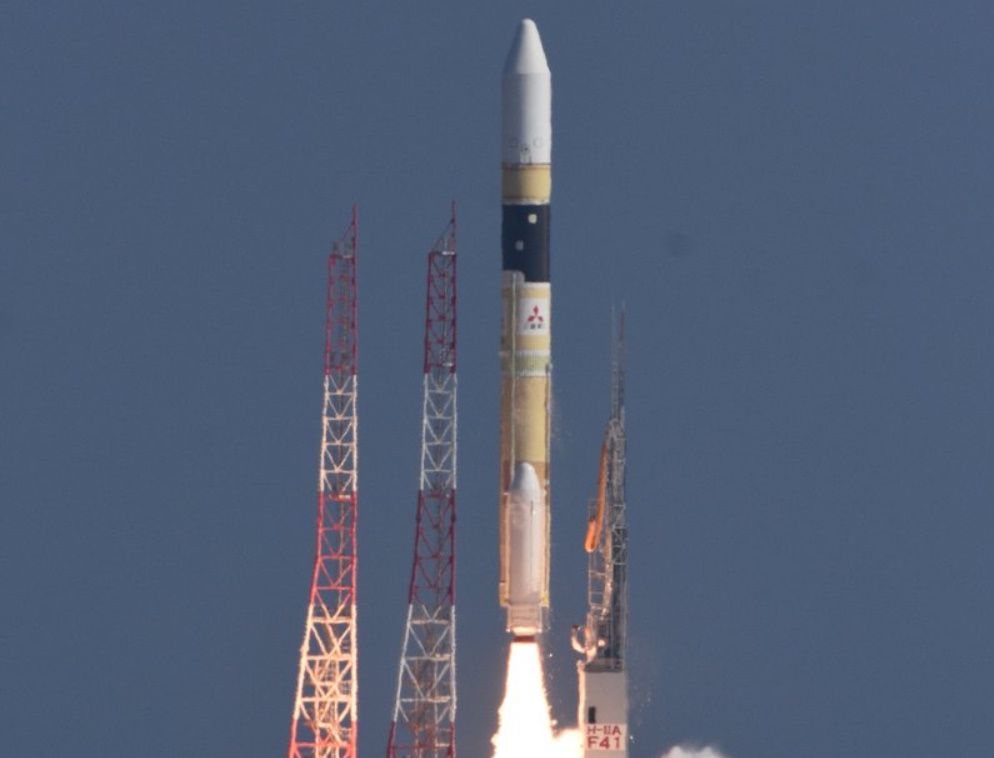Archive for the ‘satellites’ category: Page 132
Feb 16, 2020
What happens when all the tiny satellites we’re shooting into space get hacked?
Posted by Genevieve Klien in category: satellites
Hackers could shut them down—or turn them into weapons.
[Source Images: 3DSculptor/iStock, NASA/Goddard Space Flight Center]
Feb 15, 2020
Amazon Patents a System for Whipping Stuff Into the Air (or Space)
Posted by Genevieve Klien in categories: drones, energy, satellites

This week the U.S. Patent and Trademark Office granted a patent to Amazon that covers “energy-efficient launch system for aerial vehicles,” meaning Amazon could be working on a way to fling your packages into the air—or space.
While at first a weird concept, it makes sense in context. This whip-like approach could shoot satellites into space as part of Amazon’s Project Kuiper low-Earth satellite constellation or Amazon drones that would zoom off to deliver packages.
Continue reading “Amazon Patents a System for Whipping Stuff Into the Air (or Space)” »
Feb 13, 2020
Northrop Grumman to develop jam-resistant payload for U.S. military communications satellites
Posted by Genevieve Klien in categories: military, satellites
WASHINGTON — Northrop Grumman was awarded a $253.5 million contract by the U.S. Space Force to develop a cyber-secure communications payload that could be deployed on a military or commercial satellite.
The U.S. Space Force’s Space and Missile Systems Center announced Feb. 12 that Northrop Grumman was the first vendor selected to build a prototype payload under the Protected Tactical Satellite Communications (PTS) program that the U.S. Air Force started in 2018.
As many as four prototype payloads will be funded under the PTS program. Two payloads will be selected to launch in 2024 for on-orbit demonstrations that will last three to five years.
Feb 13, 2020
Watch a SpaceX launch this weekend from Cape Canaveral
Posted by Genevieve Klien in categories: internet, satellites
CAPE CANAVERAL, Fla. – If you missed the last few Space Coast launches because they happened late at night or during the workday, this weekend’s SpaceX launch will be a good opportunity to see one.
SpaceX is targeting Saturday morning to launch another round of internet-beaming satellites on a Falcon 9 rocket from Cape Canaveral Air Force Station Launch Complex 40.
The launch window opens at 10:46 a.m. and ends at 11:02 a.m.
Feb 13, 2020
The Company That Wants to Fling Rockets Into Space With a Giant Centrifuge
Posted by Omuterema Akhahenda in categories: business, internet, satellites
The rapidly falling cost of getting into orbit has spurred a boom in the space industry as a host of new applications become economical. Now a secretive startup plans to slash the cost to just $250,000 by flinging rockets into space rather than firing them.
Over the last decade, the pioneering work done by SpaceX has shown that getting stuff into orbit doesn’t need to be so expensive and that there are viable business opportunities to be had in the private space industry. Combined with advances in satellite technology, there’s now a thriving market for small, inexpensive spacecraft in low- E arth orbit doing everything from remote sensing to delivering broadband internet access.
But while costs have fallen dramatically, the cheapest option for reaching low-Earth orbit —a rideshare on SpaceX’s Falcon 9—still starts at $1 million, and launches only happen twice a month at best. California-based startup SpinLaunch says its technology will allow up to five launches a day for as little as $250,000.
Feb 12, 2020
In a first, Ananth Tech will build 6 satellites for foreign customers
Posted by Genevieve Klien in category: satellites
The country has an opportunity to integrate medium-sized satellites, Pavuluri said, because they are designed to last for over five years and companies invest huge sums in building them.
Feb 12, 2020
Spaceflight Industries to sell rideshare business to Japanese firms
Posted by Genevieve Klien in categories: business, satellites, security
WASHINGTON — Spaceflight Industries announced Feb. 11 it will sell its smallsat rideshare launch business to a pair of Japanese companies, allowing it to focus on its BlackSky geospatial business.
Spaceflight Industries said that Mitsui & Co., Ltd. and Yamasa Co., Ltd. will acquire its rideshare business, known as Spaceflight, Inc., for an undisclosed sum. Mitsui & Co. and Yamasa will own Spaceflight as a 50/50 joint venture. The companies said that they expect the deal to close in the second quarter of this year, after a review by the Committee on Foreign Investment in the United States (CFIUS) to examine any national security implications of the sale.
Spaceflight Industries said it will use the proceeds from the deal to accelerate the growth of BlackSky, its geospatial intelligence business that is developing a constellation of high-resolution imaging satellites. BlackSky has four satellites in orbit currently with another eight scheduled for launch this year.
Feb 10, 2020
Lockheed Martin delivers new GPS satellite scheduled for April launch aboard Falcon 9
Posted by Genevieve Klien in category: satellites
WASHINGTON — The third satellite of the GPS 3 constellation arrived Feb. 5 at Cape Canaveral Space Force Station, Florida, where it will undergo final testing and checkout before its scheduled launch in April aboard a SpaceX Falcon 9 rocket.
The GPS 3 satellite was flown from Lockheed Martin’s assembly line in Colorado aboard a U.S. Air Force C-17 cargo aircraft.
In a news release on Friday, the U.S. Space Force Space and Missile Systems Center said the next steps are to prepare the GPS 3 SV-3 for propellant loading and fairing encapsulation before it’s horizontally integrated with a Falcon 9 launch vehicle.
Feb 8, 2020
H-IIA conducts IGS Optical 7 launch
Posted by Genevieve Klien in categories: existential risks, government, satellites, surveillance
Making its first flight in over a year, Mitsubishi Heavy Industries’ H-IIA rocket lifted off from the Tanegashima Space Centre on Sunday with a reconnaissance satellite for the Japanese government. Liftoff occurred at10:34 local time 01:34 UTC, during a five-minute launch window.
Sunday’s launch deployed the IGS Optical 7 satellite for the Cabinet Satellite Intelligence Centre, an agency of the Japanese government responsible for space-based surveillance. IGS Optical 7 is part of the Information Gathering Satellite (IGS) or Joho Shushu Eisei (JSE) system, consisting of spacecraft collecting optical and radar images of the Earth.
Japan began development of IGS in the late 1990s, following North Korea’s attempted satellite launch in 1998. Although the North Korean launch failed to reach orbit, the rocket carrying it crossed Japan during its ascent, sparking fears that North Korean missiles would be able to target the islands. With IGS, Japan aimed to develop an independent reconnaissance capability to monitor future threats. The constellation can also be used for disaster monitoring and other civilian applications by the Japanese government.
